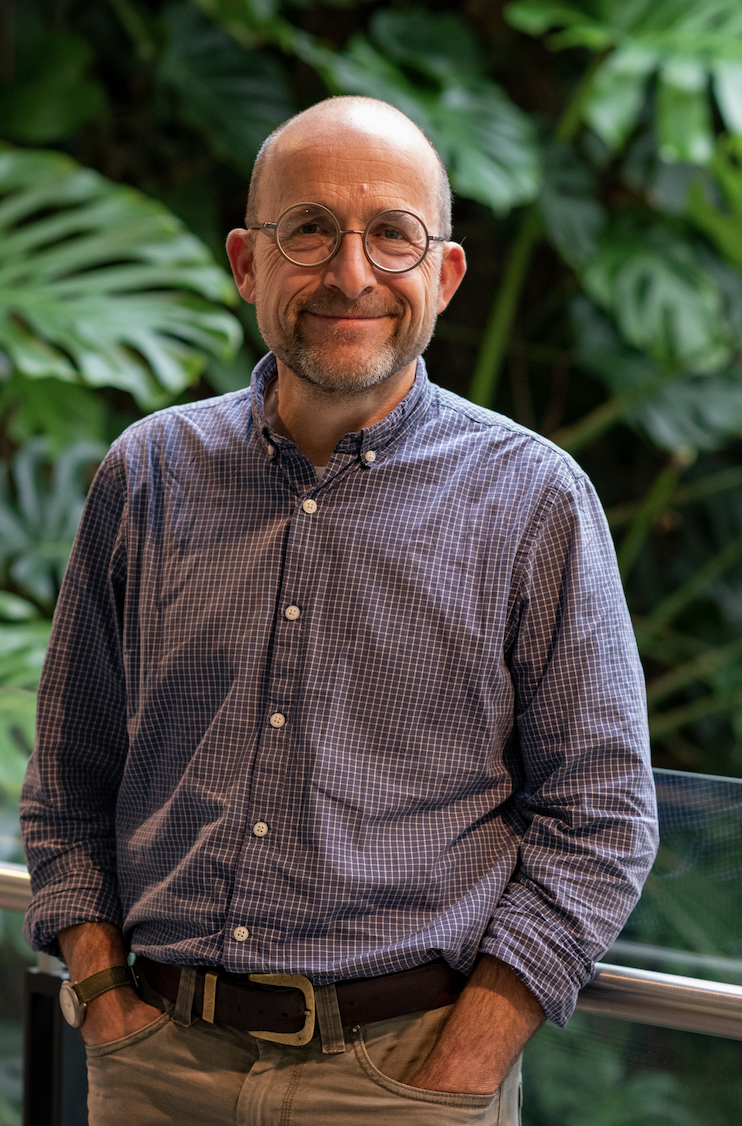2022 Rachel Carson Lecture
 Andrew Balmford, Professor of Conservation Science, University of Cambridge and Fellow of the The Royal Society, will present "Feeding the World Without Costing the Earth"
Andrew Balmford, Professor of Conservation Science, University of Cambridge and Fellow of the The Royal Society, will present "Feeding the World Without Costing the Earth"
Abstract:
How we choose to deal with rising human food demand will to a large degree determine the state of biodiversity and the wider environment in the 21st century. After briefly setting out recent work examining two routes to reducing demand – making better use of food waste, and lowering meat consumption - the rest of the presentation will focus on two contrasting supply-side approaches to meeting remaining demand at least cost to nature: land sharing, in which farmland is made as friendly to wildlife as possible, albeit at the cost of lower yields; and land sparing, in which space for nature on unfarmed land is maximized by farming elsewhere at high yields.
Estimating the population-level impacts of these alternative approaches for almost 2,000 individually-assessed species shows that across five continents a land-sparing approach consistently outperforms land sharing, particularly for species of highest conservation concern. Sparing also offers considerable potential for lowering greenhouse gas emissions.
These findings raise further pressing questions – in particular about how to increase yields while lowering environmental externalities, and how to tie yield increases to setting aside land for nature.
About Andrew Balmford:
Balmford is a professor of conservation science at the University of Cambridge. He studied for his undergraduate degree and PhD at the University of Cambridge before becoming a research fellow at the university. He was then a research fellow at the Institute of Zoology before becoming a lecturer at Sheffield University. He returned to Cambridge in 1998 as a member of the zoology department.[2] He is currently a fellow of Clare College[3] and was elected a Fellow of the Royal Society in 2011.
His research focuses on how to reconcile biodiversity conservation with meeting human food needs and other land-demanding activities; the costs and benefits of retaining intact ecosystems; and identifying what works in conservation. He collaborates closely with conservation practitioners and with colleagues in other disciplines, including economics and psychology.
In his book Wild Hope he argues that cautious, evidence-based optimism is vital in tackling environmental challenges. Balmford helped establish the Student Conference on Conservation Science, the Cambridge Conservation Forum, the Cambridge Conservation Initiative, Earth Optimism and the Cambridge Centre for Carbon Credits.



 Print
Print Email
Email